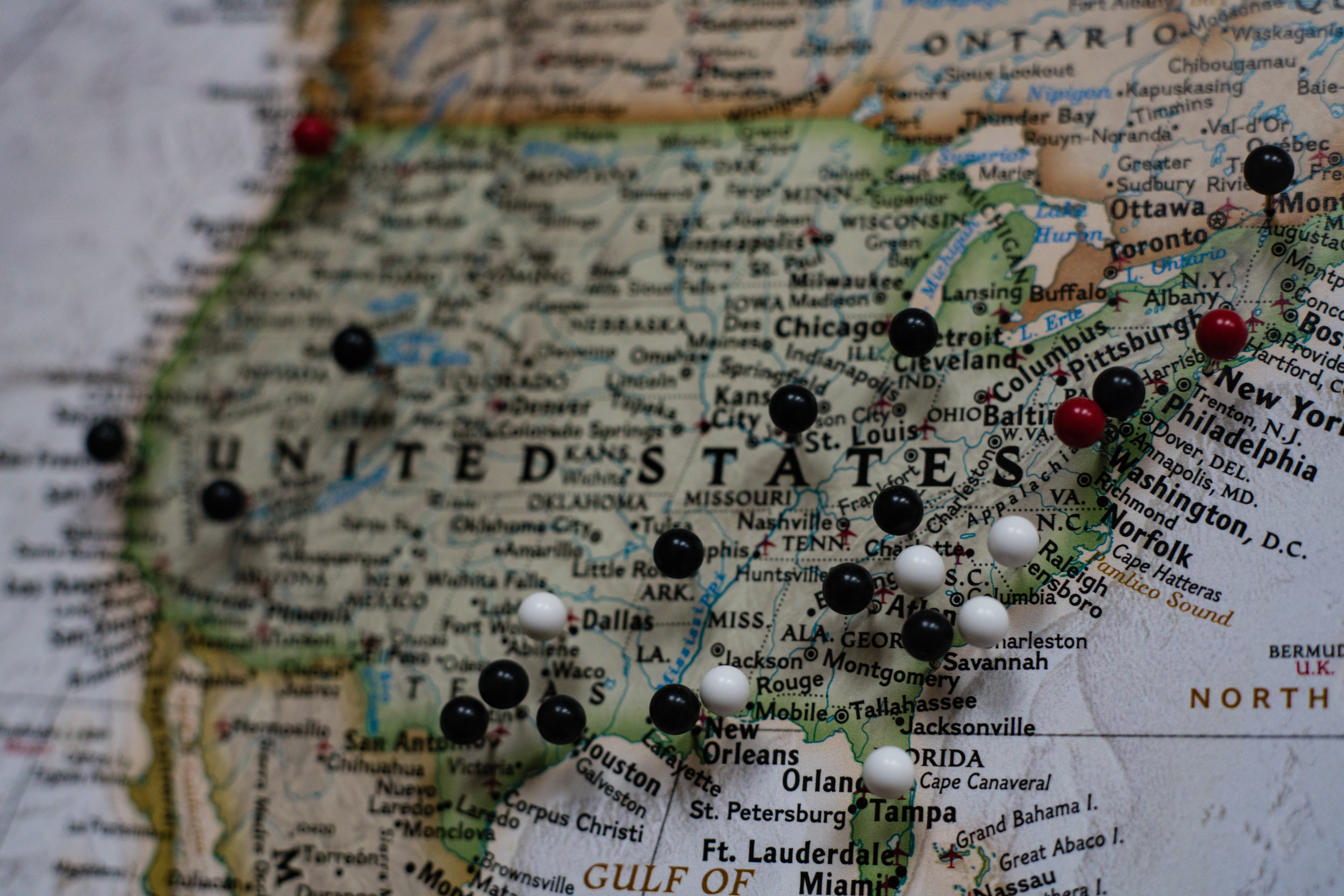
My wife and I were eating lunch in a restaurant yesterday when a girl walked by in a T-shirt that said “Lexington Soccer.” I caught her eye and asked, “Lexington where?” She said, “Massachusetts”—as I hoped she would. I smiled and said, “I graduated from Lexington Christian.” She said, “So did my Dad.”
Small world.
And that got me to thinking about all the places I’ve lived and people I’ve known—which leads me to recycle what follows, a minor reworking of something I posted on Facebook on September 4, 2016.
I spent the first half my youth in the Pacific Northwest (Spokane, to be precise), and the second half in greater Boston (Newton, mostly). (And when I say “half,” I’m being precise; we headed east 3 days after my 10th birthday.)
But I’ve spent well over 2/3 of my life in the American South. There are lots of things I like about the region:
- Barbecue. And to my friends in California, bless your hearts, you’re not “barbecuing”; you’re grilling. It ain’t barbecue unless you’re usin’ wood and takin’ more than 8 hours.
- Side note: in South Africa they “braai,” and they use wood, but they cook hot and fast rather than low and slow, so that’s not barbecue either. Though it is delicious.
- The way Southerners soften their insults with “bless your heart.”
- Biscuits and sausage gravy for breakfast.
- Calling other adults “Sir” and “Ma’am,” even when they’re younger than you.
- Dinner on the grounds. And persimmon pudding. Preferably simultaneously.
- Fireflies.
- The good people in mill towns like Poe and Slater and Zoar and Lockhart. (RIP, Eunice Loudermilk.)
- The way everything’s sweeter here–cornbread and potato salad and of course iced tea.
- The sound of the kudzu growing on a dog day afternoon.
- Grits. Yes, really. Fresh and hot, with butter and pepper—and not a single crystal of sugar. What were you thinking!?
I am blessed for having lived in multiple regions. It’s helped me realize that despite our differences, we are all more alike than we think–that there really is more that unites us than that divides us. That reaching across regional boundaries and disbelieving stereotypes is good for the soul. And for the country. And that as polarized as we are in this country, “e pluribus unum” really is possible. But it starts with us, one at a time.
Our leaders, and our journalists, and social media are united in their efforts to keep us ginned up, angry and hostile toward the “other side.” They’re doing it almost entirely for the ratings, for the money, for the power. They’re posturing; they don’t believe half the things they’re saying, and you shouldn’t either.
Don’t buy it. You’re in the image of God; you’re not a beast. Think for yourself. And reach across the unbreachable boundary. Because they’re in the image of God too.
Photo by Joey Csunyo on Unsplash


